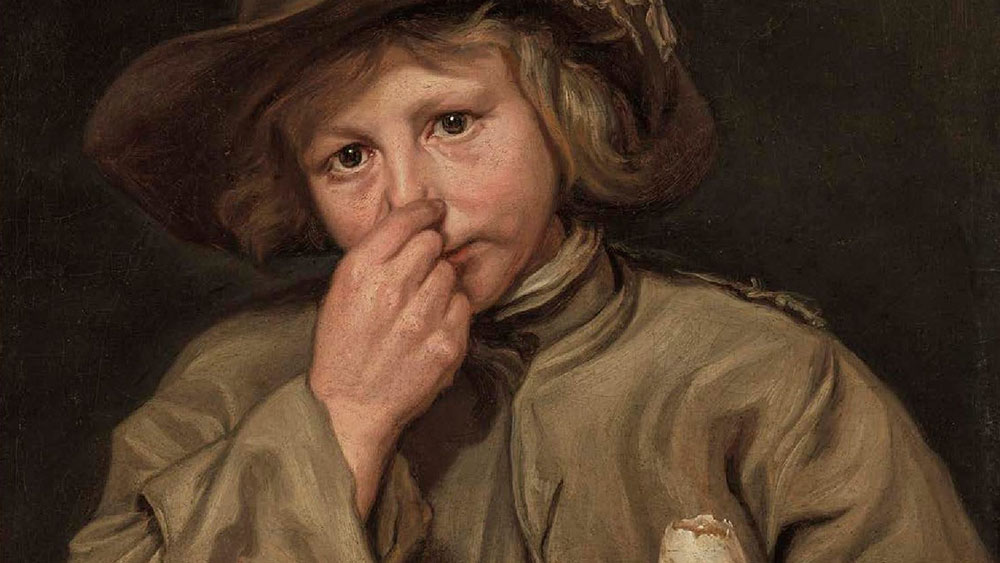MacDonald, Joyce Green. "Finding Black Women in Shakespeare." Throughlines. www.throughlines.org/suite-content/finding-black-women-in-shakespeare. [Date accessed].
Finding Black women in Shakespeare
Tracing ways early modern texts and genres process the classical past.

Finding Black Women in Shakespeare | Watch the full talk
Presented by Joyce Green McDonald at Politics: A RaceB4Race Symposium in 2021
Joyce Green MacDonald traces ways early modern texts and genres process the classical past, and how that construction of the past is made known in the present, through honored resources of the ancient world. In particular, she emphasizes that classical and early modern texts can become tools for excavating Black presences that have been deliberately lost. Through Richard Ligon’s eyewitness account in Barbados (1647) and Thomas Thistlewood’s eyewitness account in Jamaica (1748-1786), Black women’s innate modesty and exclusion from normal orders of civic or human status converts them to objects. Building upon Ben Jonson’s notions “exactness of study” and the “poetic imitation a modern poet creates,” Green MacDonald argues that while Black women are not often visible in Shakespeare’s plays and his contemporaries', disappearance does not mean absence.





